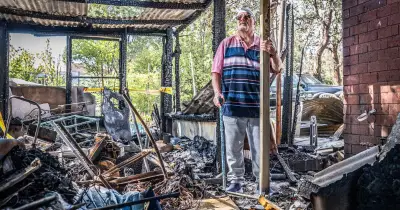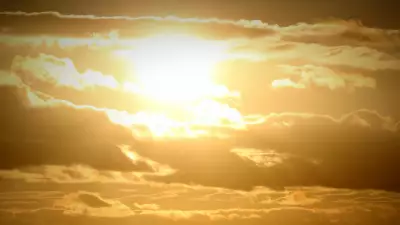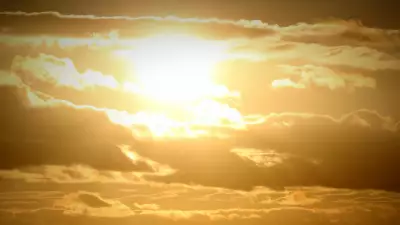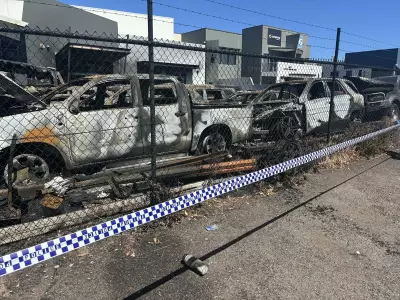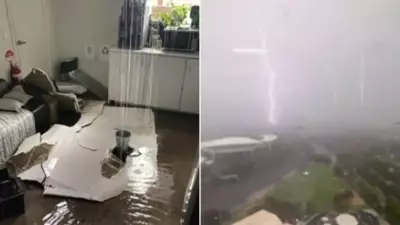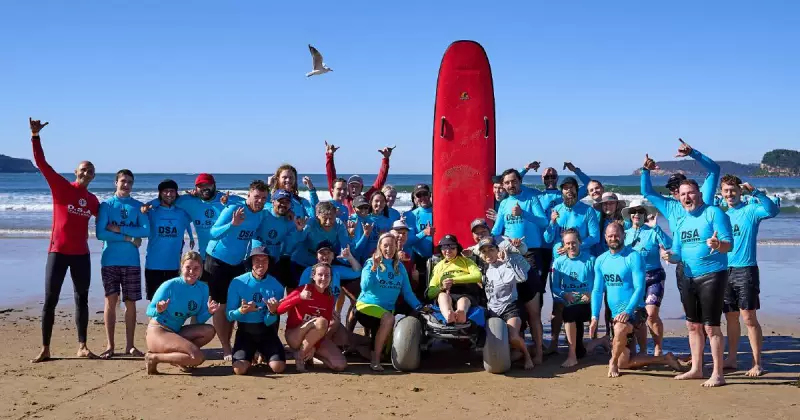
For nearly two decades, the Central Coast branch of the Disabled Surfers Association of Australia (DSAA) has been transforming beach access for individuals living with disability, powered by an unwavering volunteer network.
This dedicated organisation provides free events that deliver safe beach entry, social connection, and confidence-building experiences for both participants and their carers. A recent community-nominated grant from the Coca-Cola Recycling Drive is now helping the group manage increasing demand and continue its vital community work.
Community Nomination Secures Vital Funding
Supporters of the DSAA Central Coast successfully nominated the organisation to receive a $2,500 Coca-Cola Recycling Drive grant, recognising groups that unite communities and promote environmental action through recycling.
Rae Fuechter from Central Coast DSAA credits strong local backing for their successful grant application. "People walking past always say they've never seen anything like it - the sea of coloured shirts, the mix of ages, and people with all kinds of disabilities out in the surf enjoying themselves," she said.
The funding ensures the association can maintain free event access despite rising operational costs. The organisation previously requested family contributions for basic supplies, but with paid carers and additional family expenses like modified vehicles, free events remain essential for accessibility.
Building Community Beyond the Waves
Operating for approximately 20 years as part of DSAA's near-40-year national presence, the Central Coast branch has seen remarkable growth. "We started with about 10 surfers and 30 volunteers, and now we regularly support about 60 surfers and up to 200 volunteers at each event," Ms Fuechter explained.
The group hosts four seasonal events typically between December and April at Umina Beach, selected for its flat, accessible and safe conditions for people with disability.
The impact extends far beyond surfing. "We connect people with similar disabilities so carers can talk to each other and share support. Sometimes someone will raise an issue and we can point them to someone else who's been through it. It's much more holistic than just a couple of surf sessions," Ms Fuechter emphasised.
Sustainable Practices and Lasting Impact
With activities centred around the coastal environment, the organisation maintains strong environmental commitments. "We recycle everything we can - boxes, plastics - and we hand out calico bags to help reduce waste," Ms Fuechter noted.
The group actively participates in Container Deposit Schemes, providing a sustainable fundraising stream while keeping beaches cleaner. "It's a simple way for the community to support us - and it keeps the beach cleaner too," she added.
Transformative stories highlight the program's profound effect. A bilateral amputee who initially doubted her surfing abilities now confidently stands on boards. A young autistic man who arrived disengaged now surfs and volunteers throughout event days.
"Parents often cry with joy seeing their children experience the beach safely for the first time," Ms Fuechter shared. "We've had surfers and volunteers with us for 20 years."
The association has also pioneered beach accessibility improvements, testing modern beach wheelchairs for people with spinal injuries and collaborating with local council on accessible beach facilities.
For community groups seeking similar support, the Coca-Cola Recycling Drive offers two participation avenues until December 7, 2025: recycling initiatives for a $10,000 community grant or nominations for remaining $2,500 grants.


